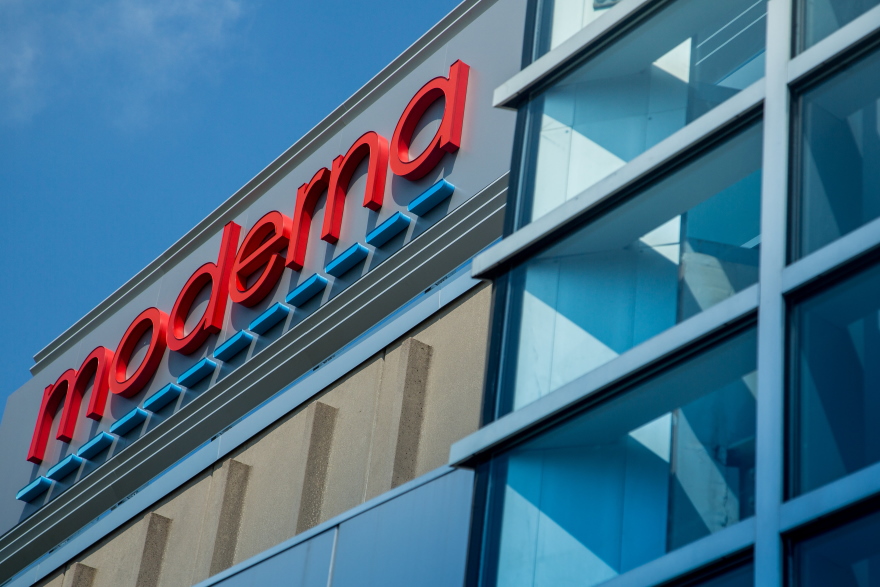Could Moderna shot save UK's under-50s COVID vaccination push?

People in the UK will start receiving doses of Moderna's COVID-19 vaccine in around two weeks' time, according to vaccines minister Nadhim Zahawi.
The roll-out of the third coronavirus shot will come as the UK exits its second lockdown round, and in time to offset an anticipated dip in supply of the Oxford University/AstraZeneca AZD1222 vaccine in the coming weeks.
Moreover, amid reports that Medicines and Healthcare products Regulatory Agency (MHRA) is considering restricting the AZ vaccine in younger patients, the Moderna shot could be pivotal in meeting the government's objective to inoculate all adults by the end of July.
The UK has ordered 17 million doses of the Moderna vaccine, which was approved by the MHRA in January and is the third set to be used in the UK after the AZ and Pfizer/BioNTech jabs. Moderna’s vaccine is around 94% effective at preventing the disease, in line with the results seen from the Pfizer/BioNTech shot, which is also based around mRNA technology.
Supplies of the AZ shot are already ebbing a little as a result of a suspension of exports from a facility in India and the need to re-test some already-manufactured doses for stability. And that, coupled with a threatened block on exports from the EU as a result of an ongoing spat between the drugmaker and bloc, has meant a slow-down the UK's vaccination programme is looming in the coming weeks.
The AZ vaccine has been the backbone of the UK's vaccination drive so far, but the hope now is that with supply of the Moderna shot coming online it will be easier to extend the programme to the under-50s – particularly if the MHRA restricts use of AZD1222 in younger people.
According to Channel 4 news, two senior sources have said the regulator is being urged to offer other vaccines to younger people because of a possible link between the AZ jab and blood clots, in particular a rare condition known as cerebral venous sinus thrombosis (CVST).
A decision could come as soon as this week, it suggests. Other countries including Germany and Canada have already banned the use of the AZD1222 in some younger age brackets.
Zahawi told the BBC this morning that the MHRA "looks at these rare events very, very closely…through the yellow card system" but reiterated that people should continue to get vaccinated when offered an appointment.
As of 5 April the UK had administered more than 37 million vaccine doses, with almost 5.5 million people now fully protected with two doses.
The programme combined with a second lockdown seems to be having an impact, with daily cases continuing to decline and daily deaths currently at around 35, a fraction of the January peak of 1,000-plus, although there are concerns of an uptick as the country enters another phase of lockdown easing.
Valneva vaccine hits the mark in phase 1/2 trial
There was positive news on a fourth vaccine candidate this week as well after French biotech Valneva reported that its shot – which is manufactured in Scotland – generated neutralising antibodies in more than 90% of patients in a phase 1/2 trial.
Unlike the current shots Valneva's vaccine is based on whole inactivated coronavirus given alongside an adjuvant to boost the immune response. Inactivated jabs are a tried-and-tested approach to vaccine development, but can take a little longer to produce than other technologies.
Valneva now says it will move ahead with large-scale efficacy trials this month, and hopes to file for emergency authorisations in the autumn.
The UK has ordered 100 million doses of the Valneva candidate and is working with the company on the possibility of adapting the shot to target new SARS-CoV-2 variants, which could be used in a booster programme.
That could delay the delivery of doses into the first quarter of 2022, according to Valneva, which is also discussing a 60 million-dose order with the European Commission.













